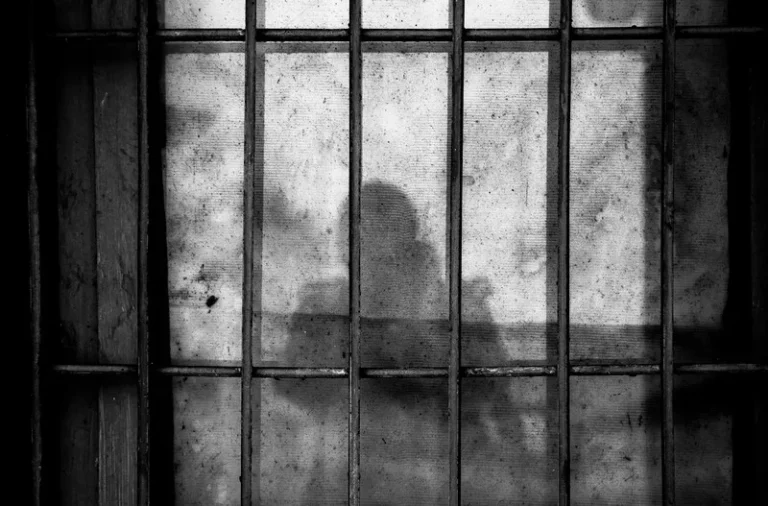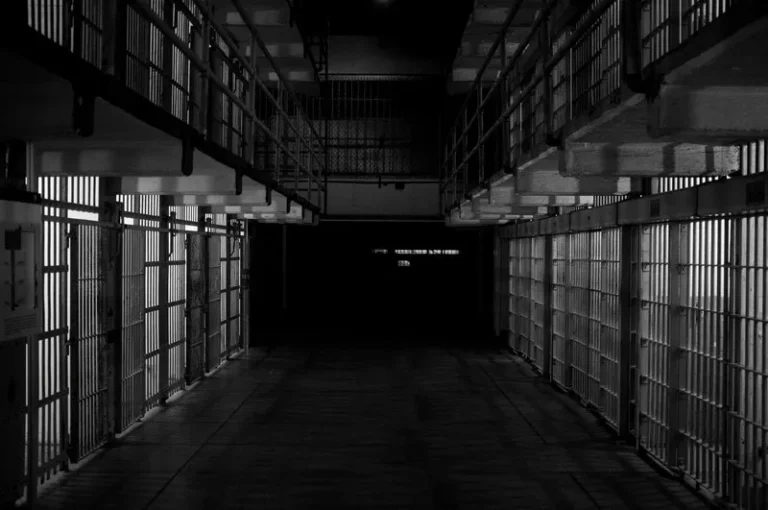
The Construction of ‘Dangerous Classes’ in Sociology: Power, Prejudice, and Social Stratification
The concept of 'dangerous classes' in sociology refers to a section of society seen as deviant or criminal, posing a potential threat to the social order. This blog post explores the origins of this concept, its relationship to social stratification, the impact of labeling and stigmatization, and the importance of challenging this concept. It emphasizes the role of power, prejudice, and social inequalities in defining certain groups as dangerous, and calls for a more equitable and inclusive society that addresses the root causes of deviance and criminal behavior.










